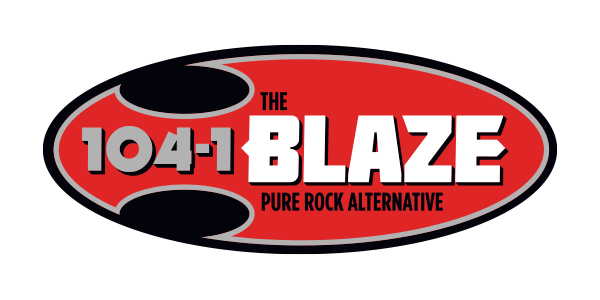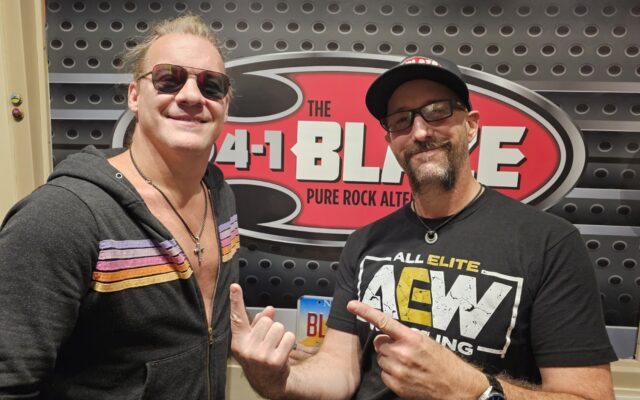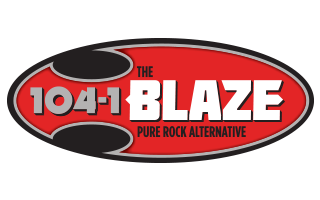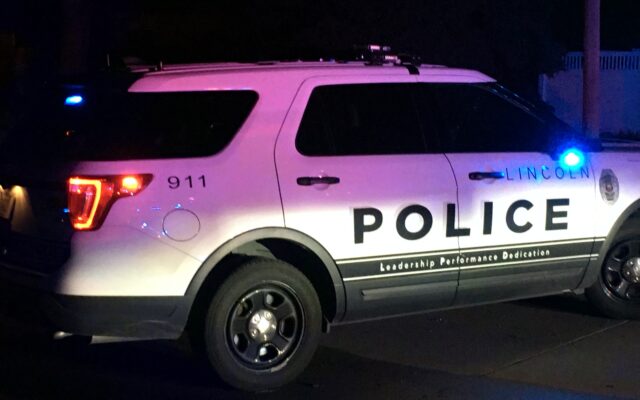LPD Handled Ten Drug Overdose Cases Last Weekend, Further Raising Concerns

LINCOLN–(KFOR July 27)–Over a three-day period this past weekend, Lincoln Police handled ten drug overdose calls, with officers seeing one common theme in all the overdoses involving cocaine.
Officer Luke Bonkiewicz on Tuesday said it doesn’t mean people overdosing on cocaine, but investigators believe people may be ingesting a substance they think is cocaine but in reality, contains unknown opiates which can cause an overdose.
Bonkiewicz said when a person consumes a controlled substance they didn’t get from a doctor or pharmacy, they may never know every ingredient which could include pills, powders, marijuana, or any other controlled substance.
The 10 overdoses handled by LPD between Friday, July 23 and Sunday, July 25 were in a wide range of age groups and happened all over the city. Officers are working to see if any of these overdoses have a connection. Officer Bonkiewicz said NARCAN was used in these overdoses which saved lives. NARCAN is a medicine used to treat someone experiencing an overdose which counteracts the life-threatening effects of an overdose.
When responding to an opioid crisis, law enforcement officers have three primary roles: emergency response, public safety and law enforcement.
- Signal to the public that local law enforcement officers want to help victims of opioid abuse and arrest those who are doing them harm.
- According to Nebraska Revised Statute 28-472, an individual is immune from criminal prosecution if the person, in good faith, makes a request for emergency medical assistance in response to a drug overdose and remains on scene until medical assistance and law enforcement arrive. If you come across pills/controlled substances, do not touch them.
- LPD’s Narcotics Unit conducts interdiction operations to stem the flow of dangerous narcotics into Lincoln and Lancaster County. Officers investigate overdose deaths and work to hold those responsible accountable. In 2020, LPD investigated 13 Fentanyl deaths in Lincoln.
- LPD works closely with the Mental Health Association of Nebraska, the Bridge and other community resources ensuring victims of opioid overdoses can obtain services and resources.
- Develop relationships and maintain communications with opioid users after they have had an opioid-related encounter with the police.
- LPD conducts follow-up with victims of opioid users, attempting to identify the people responsible for supplying dangerous controlled substances.
- Inside the department, designate an individual or a team to focus on understanding how the department is responding to opioid cases.
- The captain of the Narcotics Unit and LPD’s Crime Analysis Unit tracks overdoses and related narcotics activity. In conjunction with narcotics investigations and intelligence operations, LPD uses this data to identify and apprehend manufacturers and distributors responsible for giving out controlled substances, especially opioids. In addition, the Narcotics Unit works with Education and Personnel to educate officers and community residents about opioids and overdoses. The Narcotics Unit is the designated team responsible for how LPD handles opioid cases.
- Outside the department, participate in multi-agency and cross-disciplinary collaborations to develop new response options and make more efficient use of limited resources.
- The captain of LPD’s Narcotics Unit participates in an Opioid Prevention Board through the Health Department. This is a grant funded program intended for increasing education of the public, education of doctors, etc.
- Ensure that officers understand how opioids affect a person’s body and mind.
- During the academy and during annual in-service, officers learn how opioids affect a person’s body and mind. Instructors teach officers to recognize different controlled substances, how to identify people possibly under the influence of a controlled substance and symptoms of an overdose. Officers also learn how trauma, mental health and addiction intersect. In addition, 62 LPD officers across different teams and shifts are currently assigned NARCAN. In 2020, LPD had 7 overdose saves.
For assistance in finding treatment options , please call 1-800-662-HELP (4357). Lincoln residents can also call the Lincoln Treatment Center at 402-488-2122.








